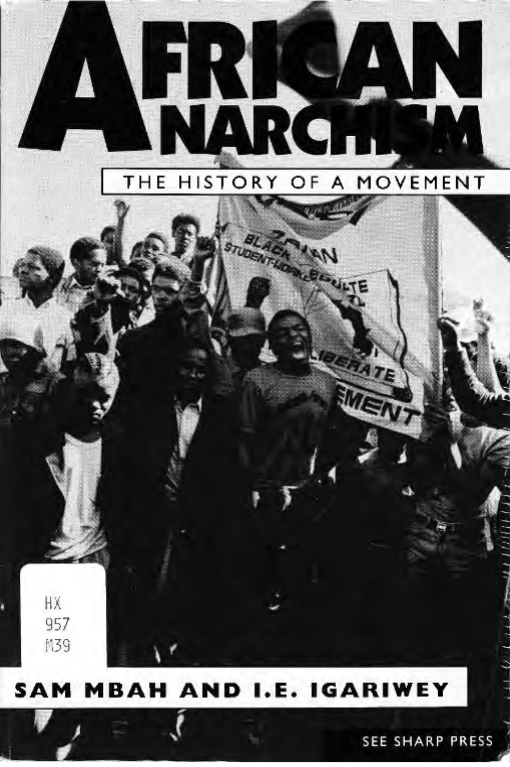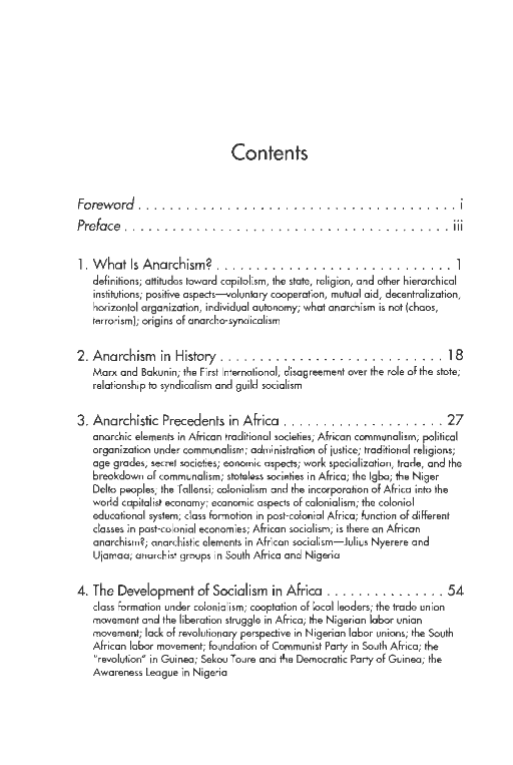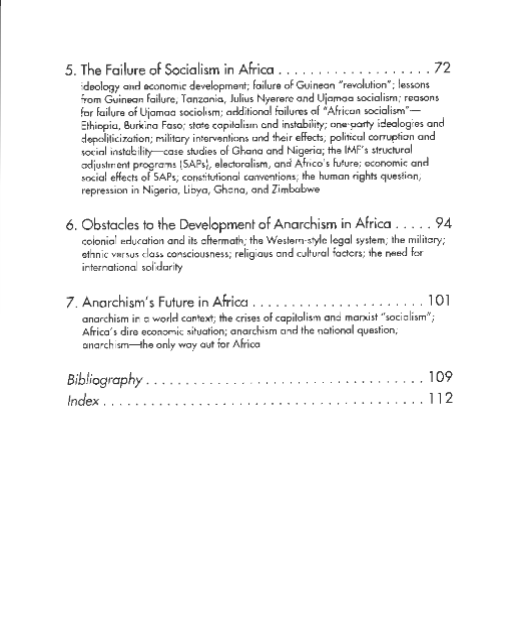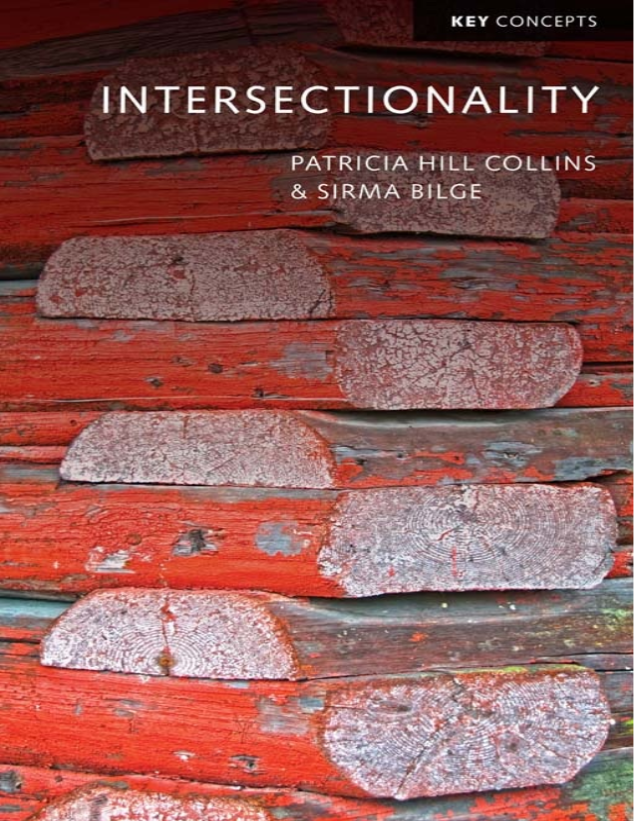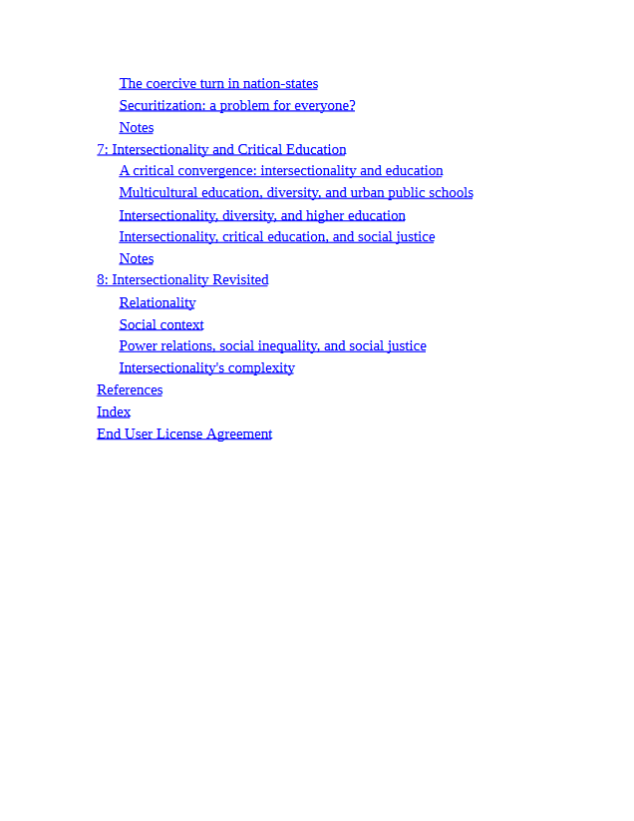Author(s)
Contents
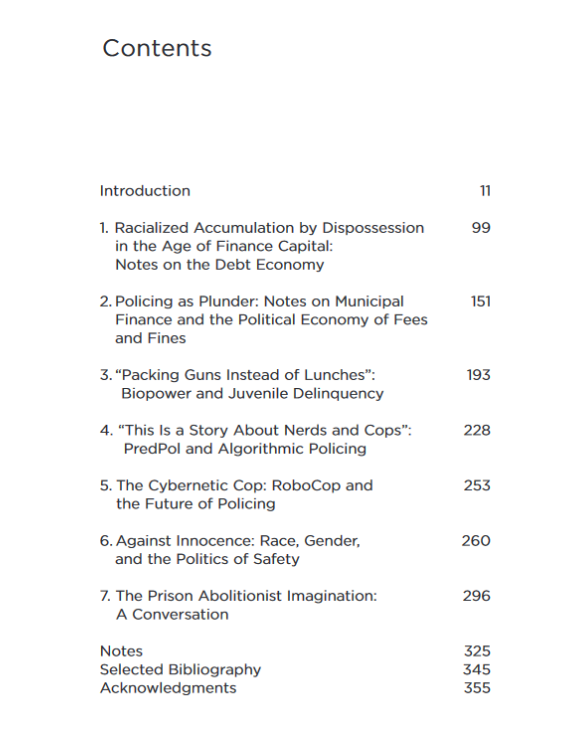
“The essays included in this book […] attempt to update the analytic of racial capitalism for a contemporary context. Rather than focusing on the axis of production by analyzing how racism operates via wage differentials, this work attempts to identify and analyze what I consider the two main modalities of contemporary racial capitalism : predatory lending and parasitic governance.
These racialized economic practices and modes of governance are linked insofar as they both emerge to temporarily stave off crises generated by finance capital. By titling this book Carceral Capitalism, I hope to draw attention to the ways in which the carceral techniques of the state are shaped by—and work in tandem with—the imperatives of global capitalism. […] All this is to say that anti black racism is at the core of mass incarceration and the transformation of the welfare state not only into the (neoliberal) debt state, but into the penal state as well.
At the dawn of the carceral era, the United States chose the path of divestment in social entitlements and investment in prisons and police. […] The conversion of poverty into a personal moral failure was intimately tied to the construction of black Americans as disposable and subject to mass incarceration. Anti black racism, and not merely the profit motive, is at the heart of mass incarceration.Thus, the title of this book, Carceral Capitalism, is not an attempt to posit carcerality as an effect of capitalism, but to think about the carceral continuum alongside and in conjunction with the dynamics of late capitalism.”
Jackie Wang
Leave a comment below with a valid email adress (it will not be published) to request this book.

